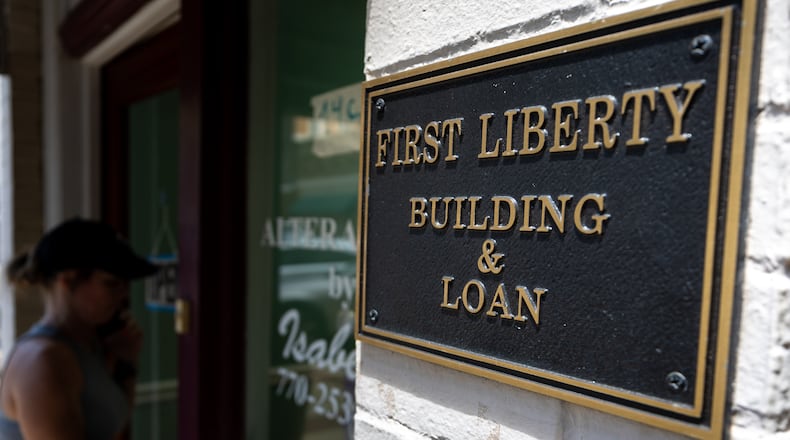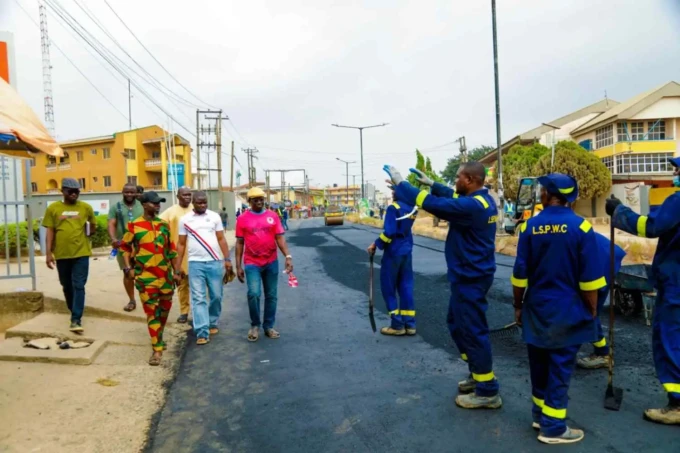Federal authorities have charged Brant Frost IV, a prominent Georgia Republican, with orchestrating a $140 million Ponzi scheme through his company, First Liberty Building & Loan. The U.S. Securities and Exchange Commission (SEC) alleges that from 2014 to June 2025, Frost and his company misled approximately 300 investors by promising high-interest returns from loans to businesses. Instead, they used new investor funds to pay returns to earlier investors, a classic Ponzi scheme operation.
The SEC’s complaint details that Frost misappropriated over $19 million of investor funds for personal and family expenses. These expenditures included $160,000 on jewelry, $335,000 to a rare coin dealer, and $320,000 for renting a vacation home in Kennebunkport, Maine. Additionally, the company ceased operations last month, halting loan payments and investor communications. As of May 30, only $2.67 million in cash remained, highlighting the financial mismanagement and deceit involved.
The collapse of First Liberty Building & Loan has had significant repercussions within Georgia’s political and religious communities. The company had strong ties to conservative and faith-based groups, with its founders actively promoting the “patriot economy” through right-wing media channels. This association has raised concerns about the potential impact on financial support for far-right Republican candidates favored by the Frost family.
In response to the allegations, the SEC has filed a civil lawsuit seeking an asset freeze and other emergency relief against First Liberty Building & Loan and its founder, Brant Frost IV. The SEC is also investigating the company for possible violations of securities law, with the Georgia Secretary of State’s office involved in the inquiry. Federal prosecutors have yet to comment on potential criminal charges, as investigations continue.
Investors are now left grappling with the aftermath of the scheme, with many expressing concerns about the recovery of their funds. The SEC’s actions aim to address the financial misconduct and provide a path toward restitution for those affected. The case underscores the importance of vigilance and due diligence among investors, especially when confronted with unusually high-return investment opportunities.











Wow, can you believe the audacity of Brant Frost IV? How does someone pull off a $140 million Ponzi scheme?! Unbelievable.
Wow, can you believe Frost IVs alleged Ponzi scheme? Quite the scandal in the world of politics. What a plot twist!
Wow, can you believe the audacity of Frost IV? Ponzi schemes are no joke. Justice better be served!
Can you believe the audacity of Frost IV? $140 million Ponzi scheme? Unbelievable! Whats next for Georgia politics?